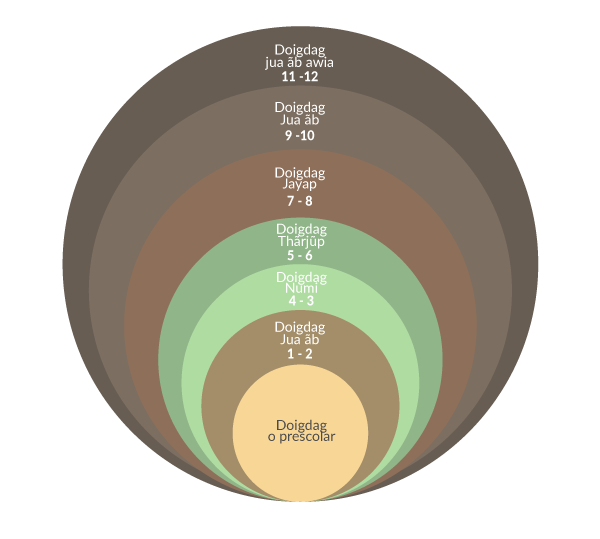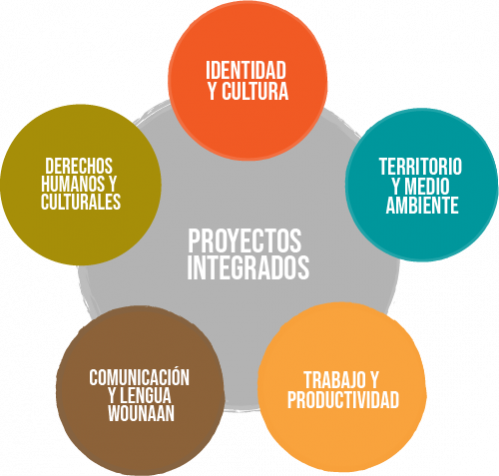It is not simple to write research papers. The reason for this is because the topic of the research paper is chosen so based on the knowledge, abilities, expertise and knowledge of the student who is delegated the task of writing it. Along with this, the research paper is provided an arbitrary order in the pupil, and they are required to follow a particular process in writing their own papers. Therefore, a lot of effort and time must be spent before the study paper is finally ready to be completed by its rightful viewers.
To begin with, the research papers require a lot of self-discipline. Students who attempt to research and write research papers, forget that they must put aside time to sit down and compose their papers. For some pupils, it will be very exhausting to sit down and write research papers, however if they are able to set aside time for this, then they are going to find it very simple to compose and study for the newspaper.
The first thing that the pupil must do is to select the research subject which he or she’s interested in. Then, research regarding the same through the internet or other sources, so as to understand what topic free comma checker is intriguing. It is necessary for the student to select a research subject, which includes some importance to him or her. If the subject of the study paper is something related to the student’s area of research, then he or she will have the ability to associate it with her or his life or work. On the flip side, if the research paper is something beyond her or his area of expertise, dialogue corrector then he or she will need to consider some new techniques to find out more about the topic.
The papers will definitely need extensive investigation, and therefore, the student should be certain the study he’s done is accurate. Among the most typical problems faced by pupils when writing research papers is over-research. Therefore, when they find that some of their statements or facts are not true, they’ll be faced with the difficulty of correcting the mistakes, which may tarnish his or her career. Therefore, it is absolutely crucial that the student do sufficient research.
Pupils should avoid reviewing old study papers. This is because most frequently these older research papers contain information, which are no longer present now. As such, the student will face difficulties while trying to integrate new facts into his or her papers. As opposed to wasting time on reviewing old papers, it is much better to read up on new papers, and incorporate them into your own.
After the study has been completed, the student should write a summary of the research paper. After completing the writing component, the pupil should edit the study paper and assess for any grammatical errors. Any error, which he or she discovers in the paper, should be immediately adjusted, in order to prevent any type of hassle in the future.





